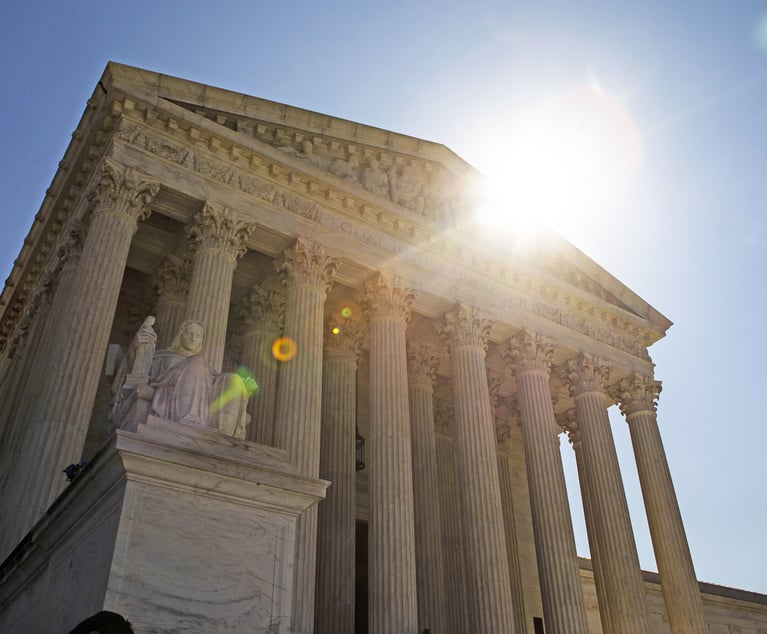 If you’ve never sent—or, more pertinent here, never received—a wrongly directed email, you’re simply living in a different time and place. Perhaps you communicate over a rotary phone or via tin cans connected by a long string. Maybe you only get and receive snail mail. Or you compose your missives over an antiquated Remington hunt-and-peck typewriter, and maybe use a fax machine to transmit them if you’re really avant-garde. Possibly, by the way, you drink Ovaltine. Maybe, at bottom, you simply don’t have an email account to speak of for some questionable and outmoded reason.
If you’ve never sent—or, more pertinent here, never received—a wrongly directed email, you’re simply living in a different time and place. Perhaps you communicate over a rotary phone or via tin cans connected by a long string. Maybe you only get and receive snail mail. Or you compose your missives over an antiquated Remington hunt-and-peck typewriter, and maybe use a fax machine to transmit them if you’re really avant-garde. Possibly, by the way, you drink Ovaltine. Maybe, at bottom, you simply don’t have an email account to speak of for some questionable and outmoded reason.
If you’re in play with email, though, and receive such emails that are clearly unintended for you as a non-lawyer or have nothing to do with a legal representation (if you happen to be a lawyer), precisely how you deal with them is largely left to you alone. Or maybe, for those so ethically-inclined, with the guidance of the New York Times’ Ethicist column or some hotline that deals with such personal ethics crises. The ethics at play, thus, for laypersons are largely left to their own personal sense of ethical propriety. (We often wonder precisely who writes asking advice from ethicist columns or hotlines—if you’re so ethical, why can’t you figure it out for yourself?)






